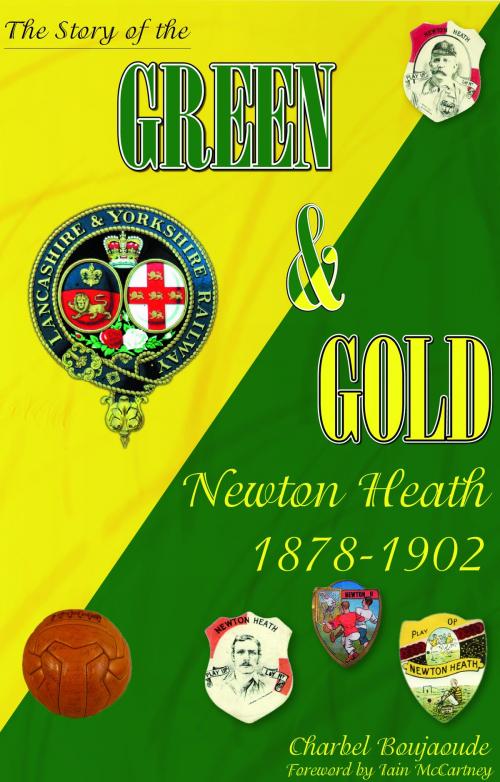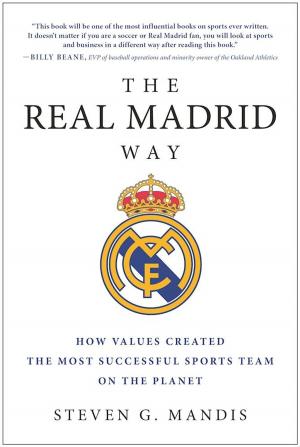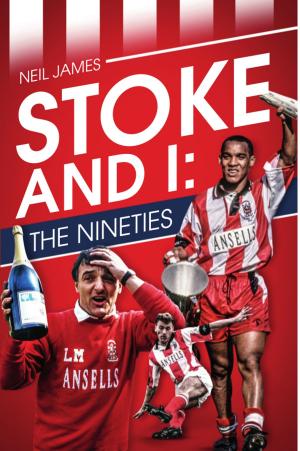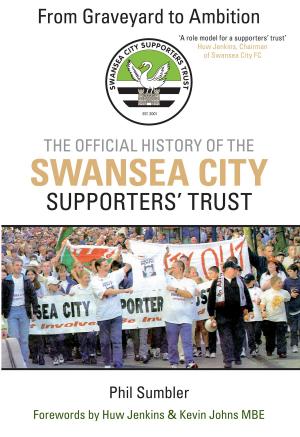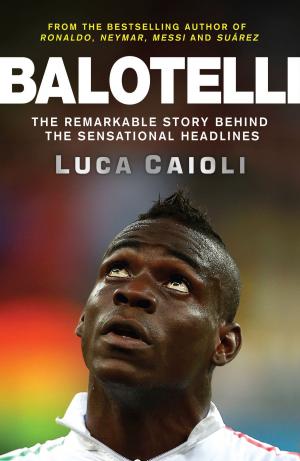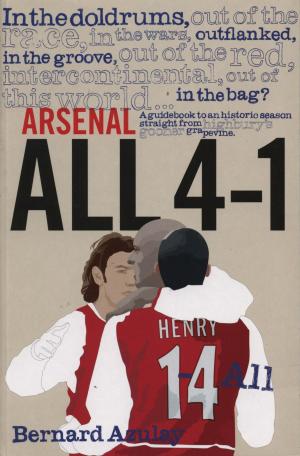| Author: | Charbel Boujaoude | ISBN: | 9781901746570 |
| Publisher: | Empire Publications enquiries@empire-uk.com | Publication: | February 21, 2013 |
| Imprint: | Smashwords Edition | Language: | English |
| Author: | Charbel Boujaoude |
| ISBN: | 9781901746570 |
| Publisher: | Empire Publications enquiries@empire-uk.com |
| Publication: | February 21, 2013 |
| Imprint: | Smashwords Edition |
| Language: | English |
The Green and Gold campaign recently launched by Manchester United fans against the club's owners, the Glazer family, took its inspiration from the colors of the original Newton Heath club from which United emerged in 1902. This book attempts to explain the characters and history of that club. So how did a bunch of railway workers form a club that would eventually go on to be on of the most famous in football? For, unlike other Victorian clubs who were formed by wealthy benefactors wishing to fill empty stadia or else formed by well-connected church organisations with high-minded ideals regarding sporting activities, Heath were just a works team formed by workers at the Lancashire and Yorkshire railway at their Newton Heath depot. Relying on extensive research, the author brings to life a late Victorian era where football mushroomed to become the national pastime. The cast of characters who formed the club are profiled in detail - Sam Black, the Doughty brothers, Jack Peden and John Cassidy were legends on the pitch while Mr Albut, the chairman, was charged with the often impossible task of making ends meet by whatever means necessary off it. The supporters, many of whom now had more leisure time thanks to that brand new Mancunian invention, the 'weekend', turned up in increasing numbers at the club's first ground at North Road, Monsall, which became infamous for the depth of its mud and later followed the team to Bank Street, Clayton where nearby factories would judiciously use smog whenever Heath needed 'assistance'. Unfortunately, Heath's financial health took a turn for the worse following a ruinous court case. The debts dragged the club slowly but surely toward bankruptcy and a date with destiny. By 1902, a decade of Second Division anonymity, ever-decreasing quality on the field and mounting debts forced the club to the brink and, eventually, via Harry Stafford's famous dog, the salvation of local brewing magnate John Henry Davies and the formation of Manchester United.
The Green and Gold campaign recently launched by Manchester United fans against the club's owners, the Glazer family, took its inspiration from the colors of the original Newton Heath club from which United emerged in 1902. This book attempts to explain the characters and history of that club. So how did a bunch of railway workers form a club that would eventually go on to be on of the most famous in football? For, unlike other Victorian clubs who were formed by wealthy benefactors wishing to fill empty stadia or else formed by well-connected church organisations with high-minded ideals regarding sporting activities, Heath were just a works team formed by workers at the Lancashire and Yorkshire railway at their Newton Heath depot. Relying on extensive research, the author brings to life a late Victorian era where football mushroomed to become the national pastime. The cast of characters who formed the club are profiled in detail - Sam Black, the Doughty brothers, Jack Peden and John Cassidy were legends on the pitch while Mr Albut, the chairman, was charged with the often impossible task of making ends meet by whatever means necessary off it. The supporters, many of whom now had more leisure time thanks to that brand new Mancunian invention, the 'weekend', turned up in increasing numbers at the club's first ground at North Road, Monsall, which became infamous for the depth of its mud and later followed the team to Bank Street, Clayton where nearby factories would judiciously use smog whenever Heath needed 'assistance'. Unfortunately, Heath's financial health took a turn for the worse following a ruinous court case. The debts dragged the club slowly but surely toward bankruptcy and a date with destiny. By 1902, a decade of Second Division anonymity, ever-decreasing quality on the field and mounting debts forced the club to the brink and, eventually, via Harry Stafford's famous dog, the salvation of local brewing magnate John Henry Davies and the formation of Manchester United.
